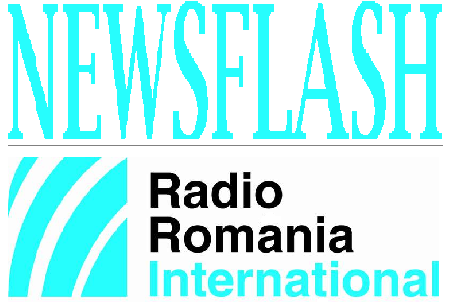January 1, 2014
Click here for a roundup of domestic and international news.

România Internațional, 01.01.2014, 13:16
EU LABOUR MARKET – On January the 1st, the last EU labour restrictions against Romanians and Bulgarians were lifted. Analysts note that the EU labour market opening continues to trigger concerns in western European Union countries, which are destinations of choice for economic migration. In the UK, mass media and his own Conservative Party called on PM David Cameron to postpone the liberalisation, while in Germany the Bavarian Christian Social Union is against the lifting of restrictions. Brussels warns however that full freedom of movement for workers is a fundamental right of EU citizens.
ECONOMY – As of January the 1st Romania liberalises its land market for EU citizens. The measure enables foreign individuals to buy land in Romania. Under the new law, when a plot of land is sold, the neighbours and the Romanian state have pre-emptive purchase rights. Officials with the Agriculture Ministry say the law is designed to contribute to the merger of farming plots into larger and more profitable farms. The top foreign buyers of landed property in Romania are Italy, Germany and Arab countries respectively. The current price of farming land in Romania ranges between 2 and 18 thousand euros per hectare, significantly below the EU average of 30 thousand euro per hectare.
FEAST DAY – Orthodox Christians, which make up the religious majority in Romania, celebrate St. Basil on January the 1st. Basil of Cesareea, born in Asia Minor in the 4th Century, is regarded as one of the most important leaders of the Orthodox Church and one of the greatest Christian theologians. St. Basil the Great attached special importance to family and to children’s education. He is the first bishop to establish hospitals and shelters for the poor and suffering. In Romania, close to 600 thousand people bear his name at present.
EUROZONE – Latvia switched to the European single currency at midnight, to become the 18th member of the eurozone and the fourth ex-communist country, after Slovenia, Slovakia and Estonia, giving up its national currency. According to experts, Romania might adopt the European currency in 2018 at the earliest.
EU PRESIDENCY – On Wednesday Greece took over from Lithuania the rotating presidency of the EU. Athens announced that the Greek presidency will focus on urgent problems like migration, employment, the banking union and maritime policy. Experts warn that Greece will have a difficult half-year presidency, marked by the still significant effects of the economic crisis and the elections for the European Parliament due in May, when euro-sceptical parties may get unprecedented scores.





























